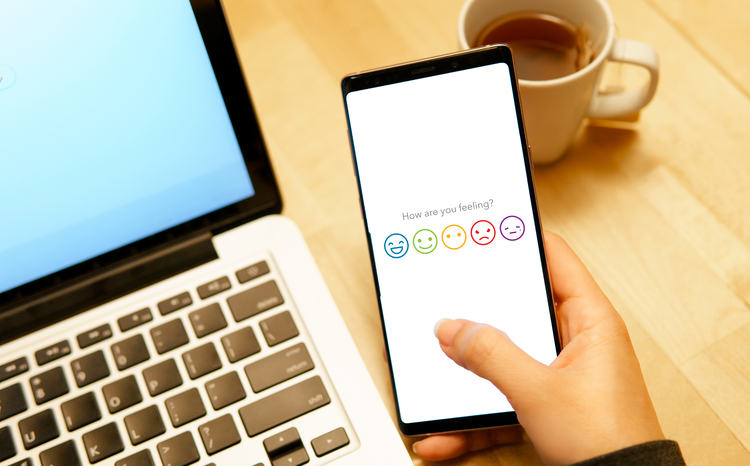Full Lorenzo benefits expected 2012
- 31 January 2008
Latest plans for the delivery of the Lorenzo next generation clinical software system under the NHS IT programme show it is not expected to be fully implemented until 2012.
The strategic software, currently under development by iSoft, is to be delivered by Computer Sciences Corporation (CSC) in the North, East and Midlands, to three-fifths of the English NHS. Development and delivery of the software is running several years late.
Under the latest plans drawn up by CFH, CSC and local SHAs it is now envisaged that Lorenzo will be rolled out in four distinct phases, building to what is now termed Lorenzo Regional Care (LRC).
Three NHS areas, South Birmingham, Morecambe Bay and Bradford & Airedale, are preparing to take the first version of Lorenzo.
The four release strategy was confirmed by CSC in a statement issued to EHI: The Lorenzo development is continuing on plan and we are in the final stages of agreeing the roll-out of this new platform with the first release being available in 2008. The new Lorenzo platform is being delivered in four releases which offers greater flexibility and earlier access to clinical functionality.”
Asked how software development was progressing, CSC said: “NHS Connecting for Health has visited the development centre in Chennai and remains pleased with progress. The first release will be deployed to a set of early adopters who have been working with CSC since earlier 2007. These are the local health communities of South Birmingham, Morecambe Bay and Bradford & Airedale. We have been actively demonstrating Lorenzo to clinicians and managers across our regions and have received extremely positive feedback.”
Release one (R1), which several pilot sites are currently working on, is planned to include orders, results reporting, clinical documentation and assessments. This would be delivered ahead of an integrated Lorenzo PAS becoming available
Release two (R2) adds an integrated PAS and mental health functionality. Release three (R3) would add drugs management, scheduling and beds management. Finally release four (R4) would add integrated care pathways and an integrated GP system.
The very earliest possible release and roll-out schedule for Lorenzo R4 is shown as beginning 2009 and running into mid-2011.
The report says the release schedule indicates that a high level of implementation work will be required in 2008/2009/2010.
The plans are set out in SHA board papers, which stress the release timescales remain contingent on software being delivered to schedule and local acceptance. “There is still much to discuss with local health economies in terms of their plans.”
A benefits realisation paper from West Midlands SHA, seen by EHI, makes clear 2012 is the earliest realistic date for benefits of a regional shared electronic records system could be achieved. “Being realistic, it means that we should be setting a target that by 2012, we will seek to achieve the above [benefits of shared Lorenzo system] by exploiting the National Programme Lorenzo Regional care System releases as they become available…”
West Midlands SHA says it is working with consultants Gartner to map the anticipated benefits of Lorenzo Regional Care to its delivery.




